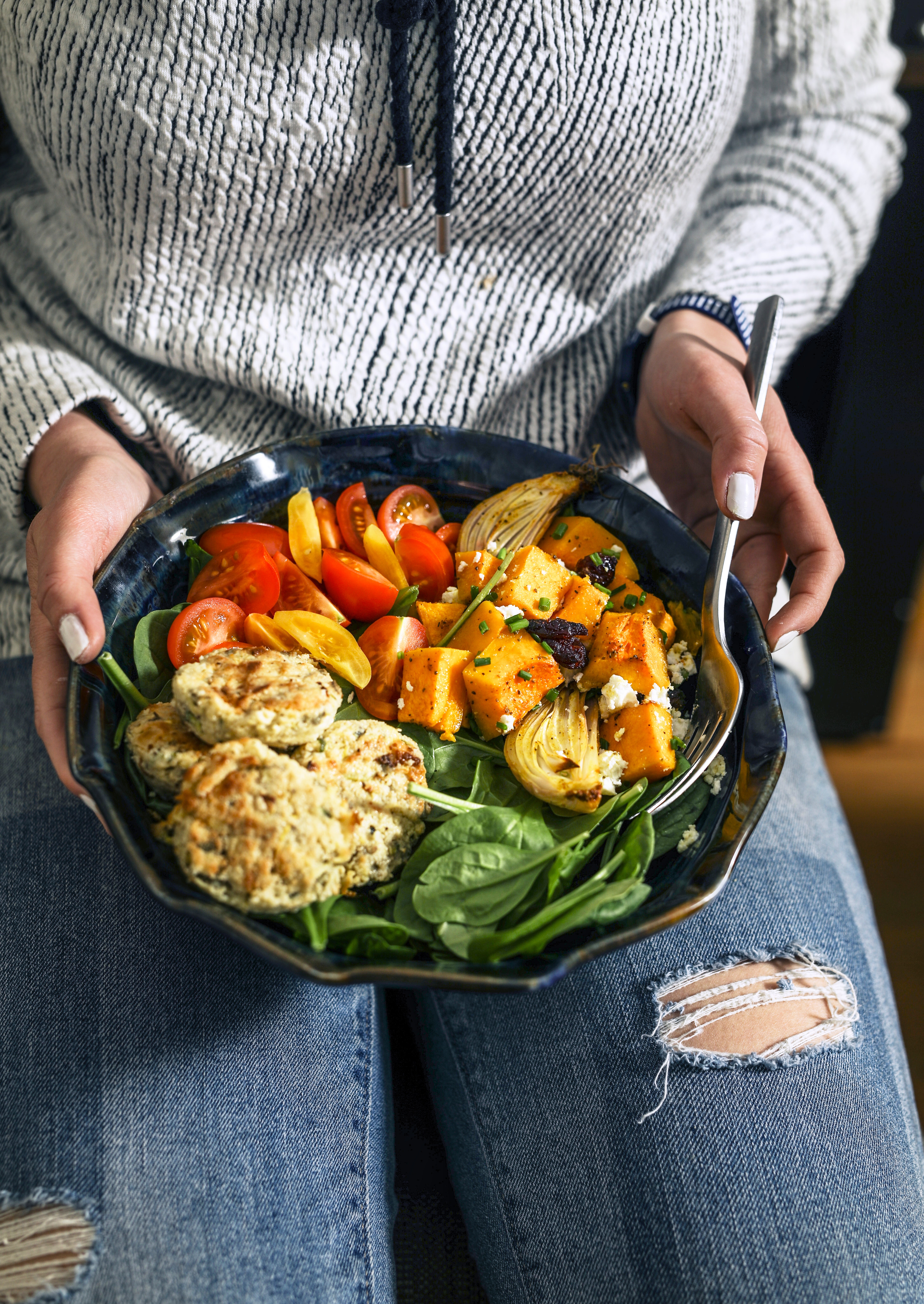Think of your dream car. Now imagine stepping outside your door and there it sits! Polished, shiny, brand new and all yours! Go ahead. Get in. Start that baby up. You turn the key or press the starter button so you can hear the hum of that gorgeous machine. And…uh…nothing. Now what?
The first place you’re going to look will be the fuel gauge. Why? Without fuel, there is no power.
When you think of your body as a deluxe vehicle (which it is), you realize that food is the fuel that supplies your energy. Fine tuning your diet, to provide optimum nutrition, is crucial to peak performance.
The right nutrition is the key to good health. A well-balanced diet helps achieve and maintain proper weight. It helps in prevention of conditions such as high cholesterol, elevated blood pressure, diabetes, obesity and more.
According to the USDA Dietary Guidelines for Americans (www.health.gov), “strong evidence shows that healthy eating patterns are associated with a reduced risk of cardiovascular disease. Moderate evidence indicates that healthy eating patterns also are associated with a reduced risk of type 2 diabetes, certain types of cancers (such as colorectal and postmenopausal breast cancers), overweight, and obesity.”
High quality supplements, such as Le-Vel Thrive, are recommended as part of a healthy diet, but never in place of it.
Changing your eating habits can be a challenge. For best results, take major changes a bit at a time.
A few basic choices about your next trip to the grocery store can bring immediate Improvement to your nutrition habits. The Department of Nutrition at the Harvard School of Public Health has updated the traditional food pyramid. It offers excellent guidelines for your grocery-shopping experience. (nsph.harvard.edu).
Shop the Best
·Go heavy on fresh vegetables and fruits. Four to five servings per day are recommended. If you need to keep an eye on the sugar, lean towards berries, apples and peaches for a lower glycemic index. Red skin potatoes are lower in sugar than white potatoes.
Vegetables and fruits are rich in vitamins C and A. Leafy greens offer highly absorbable forms of fiber; and minerals like potassium and magnesium.
If possible, opt for organic produce, to avoid pesticides. Always thoroughly wash all fresh produce.
·When shopping for bread and cereal, try products made with whole grains. These are a great source of fiber and vitamin B12. Some grains, such as quinoa, offer more protein and other nutrients then wheat flour. Remember that breads, cookies, cakes, and pastas can rack up the sugar and calorie count!
·When shopping for meat, poultry and fish, search out leaner or skinless cuts. Limit red meat to twice weekly.
Explore varieties of fish available and the many ways to prepare the omega-rich protein. This form of fatty acid is rich in anti-inflammatory properties.
Limit processed meats. They contain additives that may be high in sodium.
When preparing meat, try baking, broiling, steaming, grilling or poaching for less fat. Olive oil is a healthier choice for sauteed or fried foods.
·As you head into the dairy section of your store, think about consuming less fat. This includes butter, sour cream, cheese, milk, cream and yogurt. There are many tasty dairy products with low-fat and no-fat options.
·As you continue to fill your shopping cart, take time to read and compare package labels. Avoid excessive sugar and artificial or altered ingredients.
When you eat out or purchase prepared dinners, be aware of hidden fats and oversized portions.
Remember Water!
Drinking enough water is crucial to good health. How much water is necessary for adequate hydration? Take half the number of your body weight in pounds and drink that many ounces per day. If you sweat heavily, or live in an extremely dry climate, more is needed.
Sweetened drinks can add lots of sugar and calories to your diet. This includes fruit juice, soda, tea, flavored milk, sports and energy drinks.
Write It All Down
Journaling what you eat, drink and think about your progress helps motivate and reinforce your great new habits!


